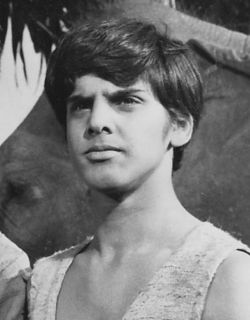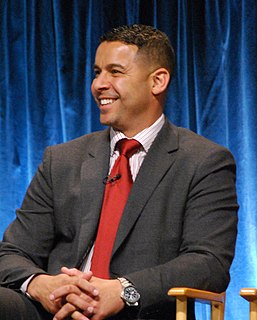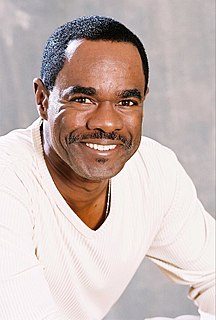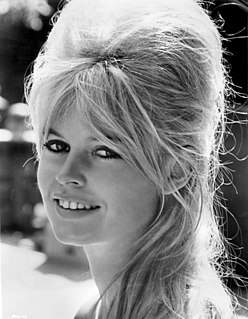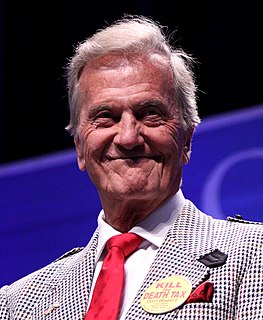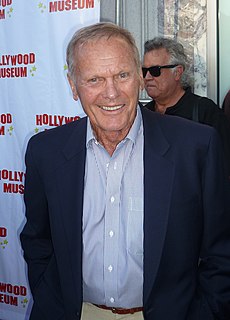A Quote by Sajid Khan
One has to be careful about the kind of content that's shown in films or on television.
Quote Topics
Related Quotes
I don't think it's a coincidence that 'The War Room' and 'A Perfect Candidate' are films that have been consistently shown and available for rental for 20 years. These are films that are more about the moment in which they were filmed: they also have a great deal to say about larger issues about who we are as a country.
If you take the '70s with Blaxploitation pictures, there was a proliferation of black-content films and motion pictures, television, stage plays and so forth at a time when Hollywood was in trouble financially, and it was cheaper to do black films to keep the lights on until they could reestablish themselves.
What I want to do is create great content on television and movies. It is not my role to program only for Latinos, and you can't really assume that Hispanics only want Hispanic content. But I do think that we are severely underrepresented in television and film. And instead of complaining about not seeing ourselves, we should become film producers, directors, and writers, and tell our story.
I think I entered the market around the time when there was getting to be less snobbery about the difference between feature films and television. I think there's been a lot more receptivity on television to interesting adult stories that in the '60s and '70s would have been made into feature films. I have no problem jumping back and forth. If anything, I find it less restrictive working in television.
Once in a while a good opportunity would come along, like the first 'Playhouse 90 ever to air - working in television afforded me my best opportunities. The (film) industry was going through such turmoil at the time - studios didn't know where to go anymore, they were falling apart, television was there. They didn't know what kind of films people wanted. The European films were making a huge impact because those films wanted real people in real situations.
